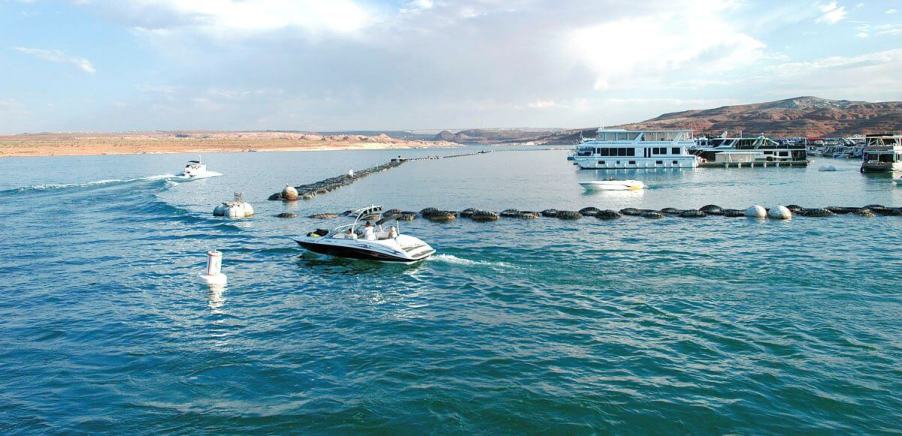
7 States Where You Don’t Need a Boating License
There’s nothing more relaxing or enjoyable than spending a day on the water from the comfort of your boat. However, before you take to the waves, there are a few things that you’ll have to take care of to boat safely and legally. In most U.S. states, this includes a boating license. While most of the U.S. requires a boating license before you can legally operate a boat, a few places have exceptions to this rule. If you’re looking to get out on the water without having to dedicate much time to safety courses, these states could offer you a way to do so.
Most states require education and safety courses before operating a boat
Driving a boat requires a certain level of skill and dexterity, so it’s little wonder that many states require boat operators to take a specialized training course. This course varies from state to state, but most will grant those who complete the course a boating license or boating ID. Most boaters consider the boater’s safety education card a boater’s driver’s license, although it technically isn’t one since it doesn’t expire.
It is important to note that different states have different requirements for who needs a boating license. Also, out of all 50 states, only Alabama requires a boat license before operators get out on the water. Date of birth could play a role, depending on the state, so always check directly with your state authority before sitting through the safety certifications. Still, it’s not a bad idea to take the course anyway, just in case.
7 states don’t legally require a boating license
Most states have agreed that safety courses are mandatory for people who want to operate a boat. Still, there are seven states where those boater education laws are not in place. According to America’s Boating Course, these states include Idaho, Wyoming, Arizona, South Dakota, Alaska, Arkansas, and Maine.
All other states have mandatory boating laws requiring safety certifications for some or all boaters. Just as the laws from state to state vary, the content of the boater safety courses also offers something different for everyone. Certain states might focus more on the types of boats and how to navigate rough terrain, while others could discuss the fine points of operating the boat. In any case, if you live in a state with mandatory boating laws and choose to violate them, you are committing a crime and could be subject to hefty fines or even jail time.
How to figure out boating requirements for your state
Once you get your boating license, you don’t have to renew it or retake any safety courses. However, taking safety courses is time well spent since these courses are designed to increase your knowledge of operating a boat. After completing safety courses and earning your boating license, you’ll be better prepared to enjoy your time on the water safely.
There are several ways to find out your state’s boating laws. You can search your state’s “.gov” website to learn the requirements and how to enroll in safety courses. Helpful websites like American Boating Association also offer a wealth of information about each state’s boating laws and safety requirements. These laws can change periodically, so if you buy a new boat or decide to return to boating after a period of inactivity, make sure to refresh your knowledge about your state’s unique laws.



